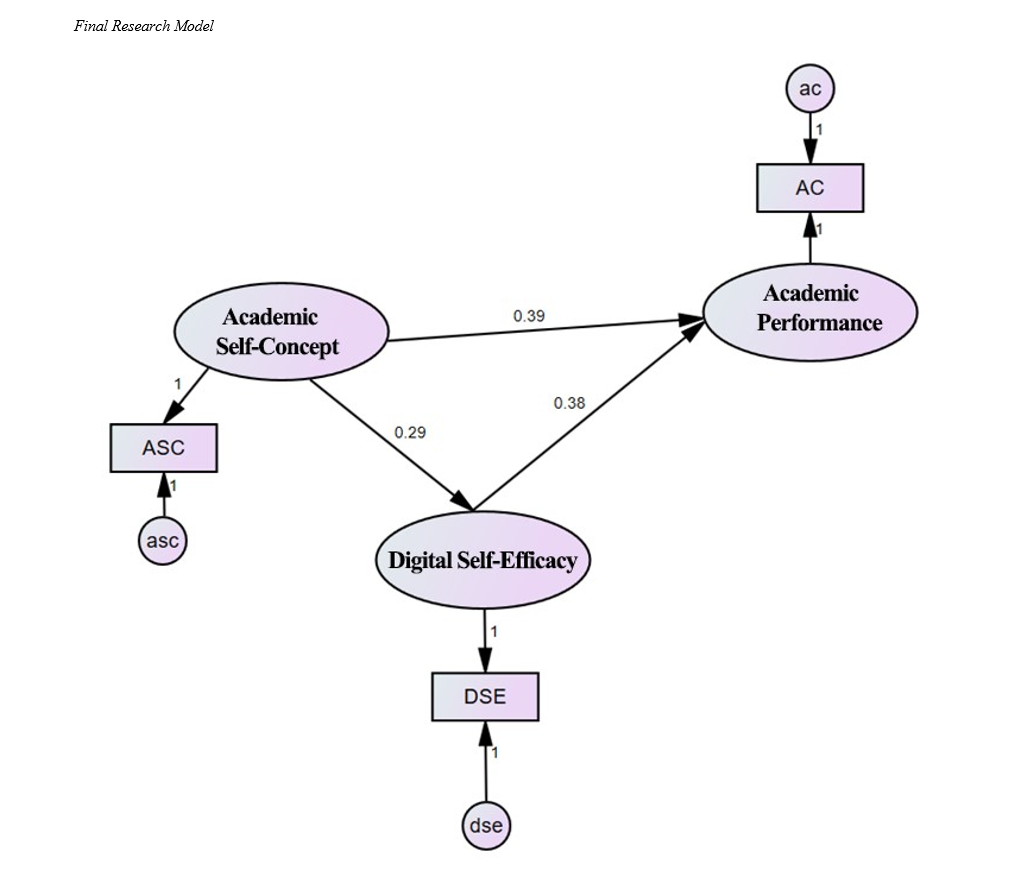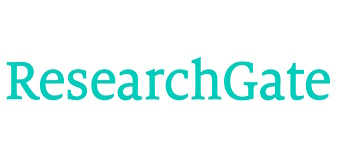Examining the Mediating Role of Digital Self-Efficacy in the Relationship Between Academic Self-Concept and Academic Performance of Students
Keywords:
Academic Self-Concept, Academic Performance, Digital Self-Efficacy, StudentsAbstract
Objective: The present study aimed to examine the relationship between academic self-concept and academic performance, mediated by digital self-efficacy, in male students in the first year of secondary school.
Methods and Materials: The present study is applied in terms of its objective and descriptive-correlational in terms of its method. The statistical population of this study included all male students in District 5 of Tehran who were enrolled in the first year of secondary school during the 2022-2023 academic year. Accordingly, the sample size was determined to be 200 based on Kline's perspective. The sample was selected using purposive and accessible sampling by visiting the first-year secondary schools in District 5 of Tehran. The tools used for data collection included the Academic Self-Efficacy Scale by Ulfert and Schmidt (2022), the Academic Self-Concept Scale by Yasin-Chin (2004), and the students' most recent GPA.
Findings: The direct effect of academic self-concept on digital self-efficacy (β = 0.29, t = 2.94) is significant. Additionally, the direct effect of academic self-concept on academic performance (β = 0.39, t = 3.44) is significant. Finally, the direct effect of digital self-efficacy on academic performance (β = 0.38, t = 3.37) is also significant. The indirect effect of academic self-concept on academic performance is 0.22, and the total effect is 0.64.
Conclusion: Therefore, it can be concluded that in the relationship between academic self-concept and academic performance, the variable of digital self-efficacy can serve as a mediator and strengthen this relationship.
Downloads

Downloads
Additional Files
Published
Submitted
Revised
Accepted
Issue
Section
License
Copyright (c) 2024 Mahboobeh Rezai (Corresponding Author); Zahra Vahhab, Fereshte Izadi, Fariba Jahanbani (Author)

This work is licensed under a Creative Commons Attribution-NonCommercial 4.0 International License.



























